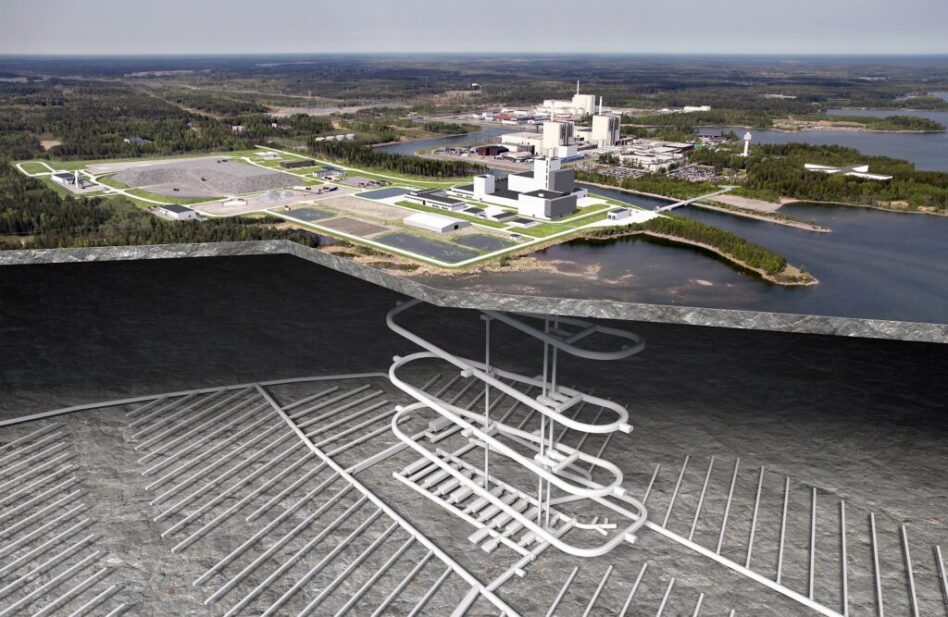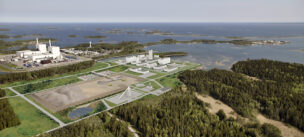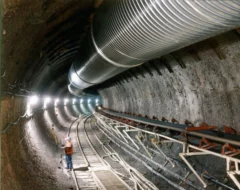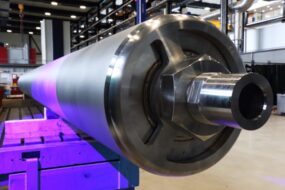It’s been a long time coming for a waste disposal project in Sweden. Now, it’s finally happening.
After about 13 years pursuing a long-term waste repository project with Swedish regulators, Svensk Kärnbränslehantering AB (SKB) has officially secured an environmental permit from the Land and Environment Court to build and operate nuclear waste repositories.
The permit covers two projects:
- A long-term storage facility in Forsmark, 80 miles north of Stockholm, which will have 12,000 tonnes of capacity in a repository 500 meters deep
- A mid-term storage capsule in Oskarshamn, 200+ miles south of Stockholm
Sweden is the second country to approve construction of a facility for long-term nuclear waste disposal, following Finland’s approval in 2015.
The permit covers waste disposal for Sweden’s six operating reactors, six other reactors that have been shut down in the last 25 years, and the next 70 years of waste production. The long-term facility is designed to keep waste secure for 100,000 years.
Stateside…If you’re looking for an update on the never-ending debate on long-term waste disposal in the US, we’re sorry to disappoint. According to US law, Yucca Mountain in Nevada is the only place where waste can be disposed of in a geological repository, but that project is essentially dead and buried.
- Yucca is still floated in Congress from time to time—most recently in April, when the House of Representatives Energy, Climate, and Grid Security Subcommittee held a hearing on fuel disposal, and some Republicans called to revisit the project.
- Waste disposal has not been discussed during the presidential race, though both major party candidates have expressed support for nuclear energy expansion generally. In the past, Donald Trump has been on both sides of the Yucca Mountain debate. Kamala Harris opposed Yucca Mountain in 2019 but has not mentioned it this election cycle.
There may be other options than Yucca Mountain for US long-term disposal, but those would require an update to the Nuclear Waste Policy Act (and a strong rejection of NIMBYism). In the meantime, nuclear waste from existing reactors is safely stored in dry cask repositories across the country.
Up next for Sweden: Even though the Swedish Land and Environment Court granted a license to build the mid- and long-term storage facilities, an appeal is possible. SKB can begin preparatory work at both sites in the meantime.
“We need to establish the necessary infrastructure above ground and get started with earthworks and protective measures,” SKB CEO Stefan Engdahl said in a release.
Barring an appeal, tunneling can begin once the Swedish Radiation Safety Authority (SSM) has issued an approved safety analysis report. The mid- and long-term facilities are expected to be built and ready to go by the mid-2030s.
Lead Reporter of Ignition





